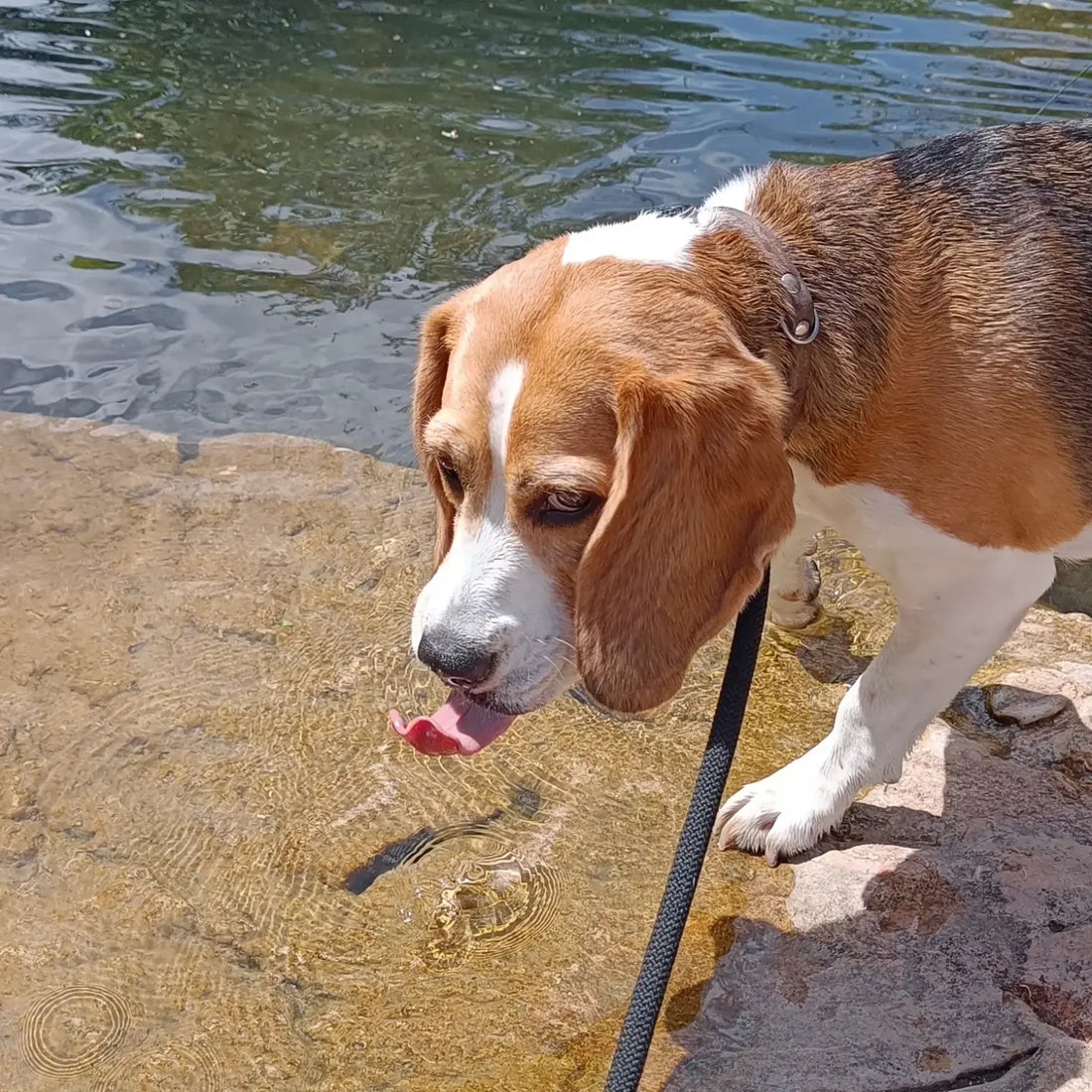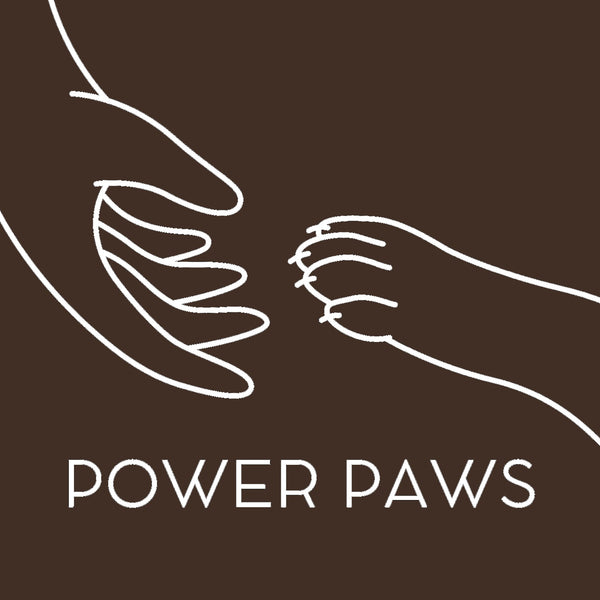
Help, my dog is eating poop!
Simone HendriksenShare
You're enjoying a leisurely stroll through the park, but you have to constantly watch out for your dog's food. You've become a skilled sniffer dog by now! But this is certainly no relaxing walk.
Dogs' fecal-eating behavior, also known as coprophagy , is a source of frustration for many owners. It's important to know that while it's usually harmless, it can lead to parasites or other health problems. This behavior is more common than you might think and can have several causes.
Causes of eating poop
-
Natural instincts : In the wild, eating feces can be a way to keep the environment clean and prevent disease. Dogs are natural scavengers, meaning they can eat anything available, including feces. This behavior stems from their ancestors, who scoured their surroundings for food sources, even the less palatable ones.
-
Nutrient deficiencies : Dogs may eat feces if their diet doesn't meet all their nutritional needs. This can be a sign that they're seeking additional nutrients, such as vitamins or minerals. This also occurs in other species. By eating the feces of a healthy animal, they can still get the nutrients they're lacking.
-
Attention Seeking : Some dogs eat poop to get their owner's attention, even if that attention is negative.
-
Copycat Behavior : Puppies may imitate the behavior of their mother or other dogs, especially if they see her doing it.
-
Taste: Some dogs simply love the taste! Poop often contains remnants of food dogs enjoy, such as proteins and fats. Especially when it comes to the poop of herbivores (such as geese), it can be very odorous due to the undigested food, which is attractive to dogs.
How can you unlearn it?
-
Healthy diet : Make sure your dog gets a balanced diet that contains all the necessary nutrients. Consult a veterinarian to determine if there are any deficiencies. Also, keep an eye on your dog's stool, as this is a good indicator of whether your dog is missing something in their diet. A healthy stool is easy to pick up and not too hard or too soft.
-
Increase activity : Provide plenty of physical and mental stimulation to reduce boredom and anxiety. Walking, playing, and interacting can help distract from the behavior.
-
Cleaning up poop : The quickest way to reduce the behavior is to clean up poop immediately, so your dog can't get to it.
-
Reward: Reward your dog for desired behavior, such as ignoring poop. You can use a muzzle as a tool for this. This can help unlearn the behavior by showing your dog what is appropriate.
-
Training : If the behavior persists, professional training can help. If you're not making progress or don't know where to begin, I can help you learn how to gently correct your dog and stop the poop eating.
It's important to be patient and address the problem systematically. With the right approach, most dogs can break this behavior! If you need help, you can book a training session with me here !
